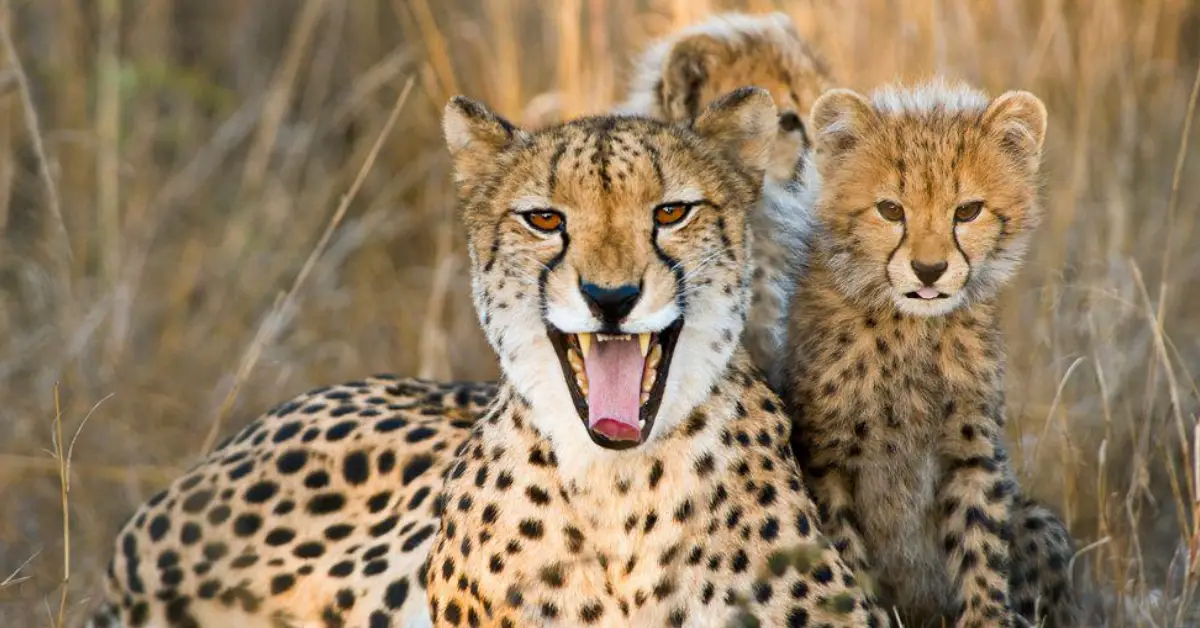They are known as the fastest land animal and definitely the cutest of the big cats. But despite being so charming, the cheetahs are facing extinction. The last reports indicates there are around 7,000 individuals left in the wild. Unfortunately, the future doesn’t look well either as the in the next decade their numbers may drop by 50 percent, the National Geographic reported.
According to the BBC News, cheetahs are wide-range animals, therefore they need a lot of space to roam. Unfortunately, in the last years they lost habitats as humans transformed lands into farms, entering in conflict with those gorgeous creatures and ultimately hunting them. Because of overexploitation, cheetahs lost more than 90 percent of their ranges.

Now, more than half of their population ranges across Southern Africa. And even here, the things doesn’t look well. The most affected area was in Zimbabwe where in less than 20 years the cheetahs numbers dropped from 1,200 at around 150 individuals. However, the situation is more dramatic in Asia, where the population was almost wiped out with only 50 individuals left in the wild.

A team of researchers concluded the major impact on the species decline is definitely the habitat loss, and humans are to be blamed. Another reason is the illegal trade of cheetahs cubs with a baby cheetahs costing around $10,000 on the black market, according to Cheetah Conservation Fund. The full report of the study has been published in the journal Proceedings of the National Academy of Sciences.

“Given the secretive nature of this elusive cat, it has been difficult to gather hard information on the species, leading to its plight being overlooked,” Dr Sarah Durant, from the Zoological Society of London told to BBC News. “Our findings show that the large space requirements for the cheetah, coupled with the complex range of threats faced by the species in the wild, mean that it is likely to be much more vulnerable to extinction than was previously thought.”
The experts think the species status should immediately changed from threatened to endangered, and some drastic measures to be taken to conserve the species.

“[We should] start thinking outside the box for cheetah and landscape conservation, to start looking beyond the protected-area system and looking at how we can get communities engaged in and supportive of conservation, and make sure we have the policy and financial policy framework in place so that they will benefit from conservation,” Dr. Durant added.

